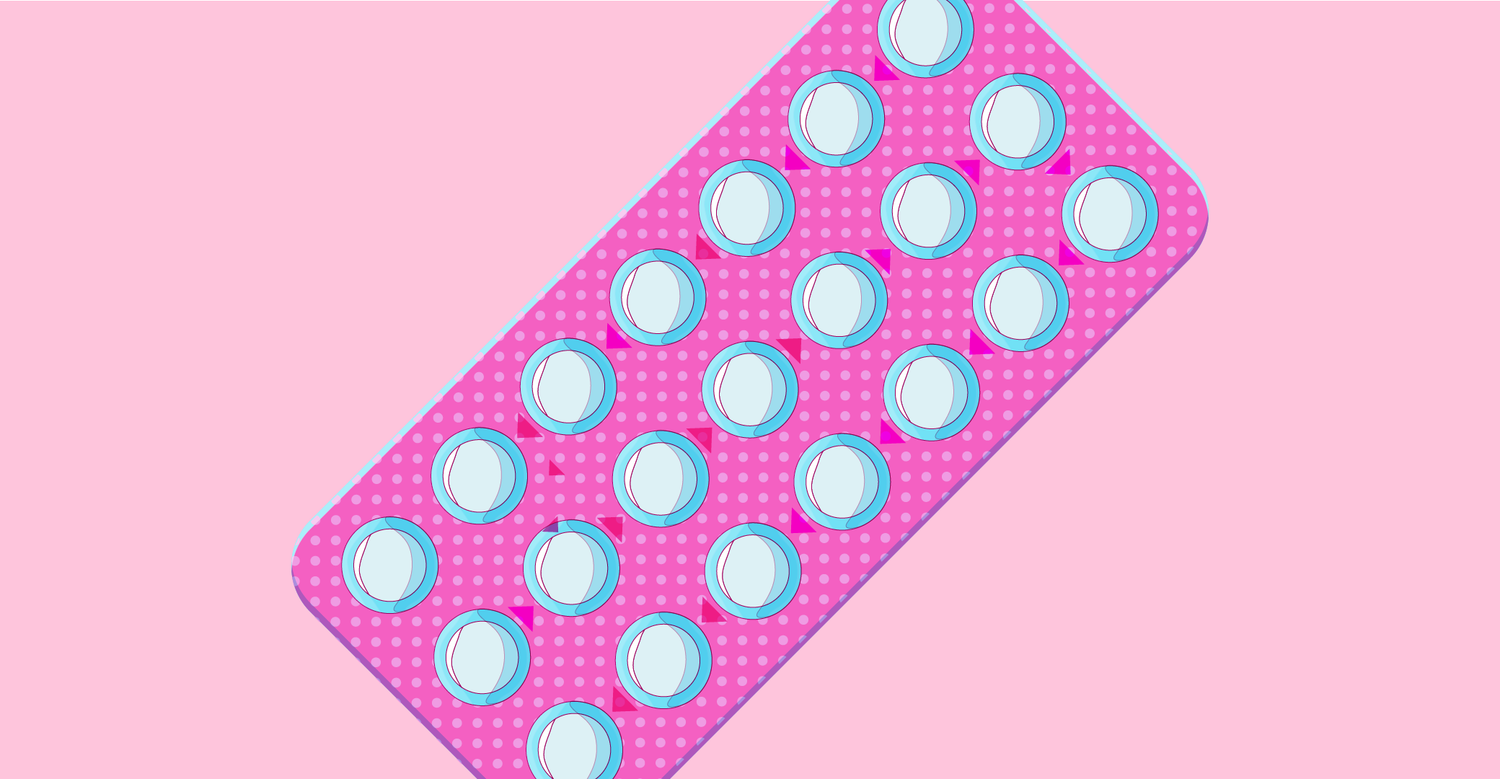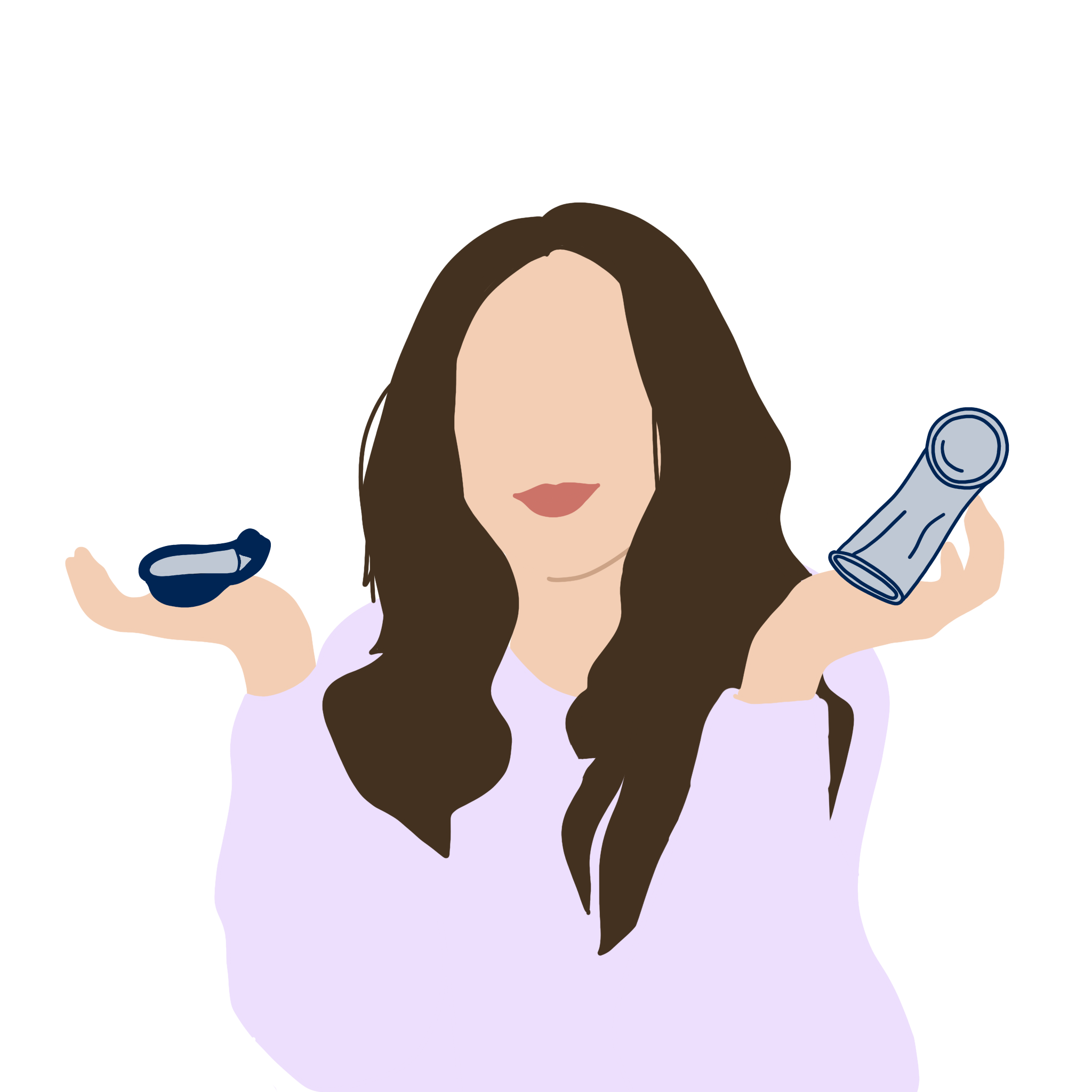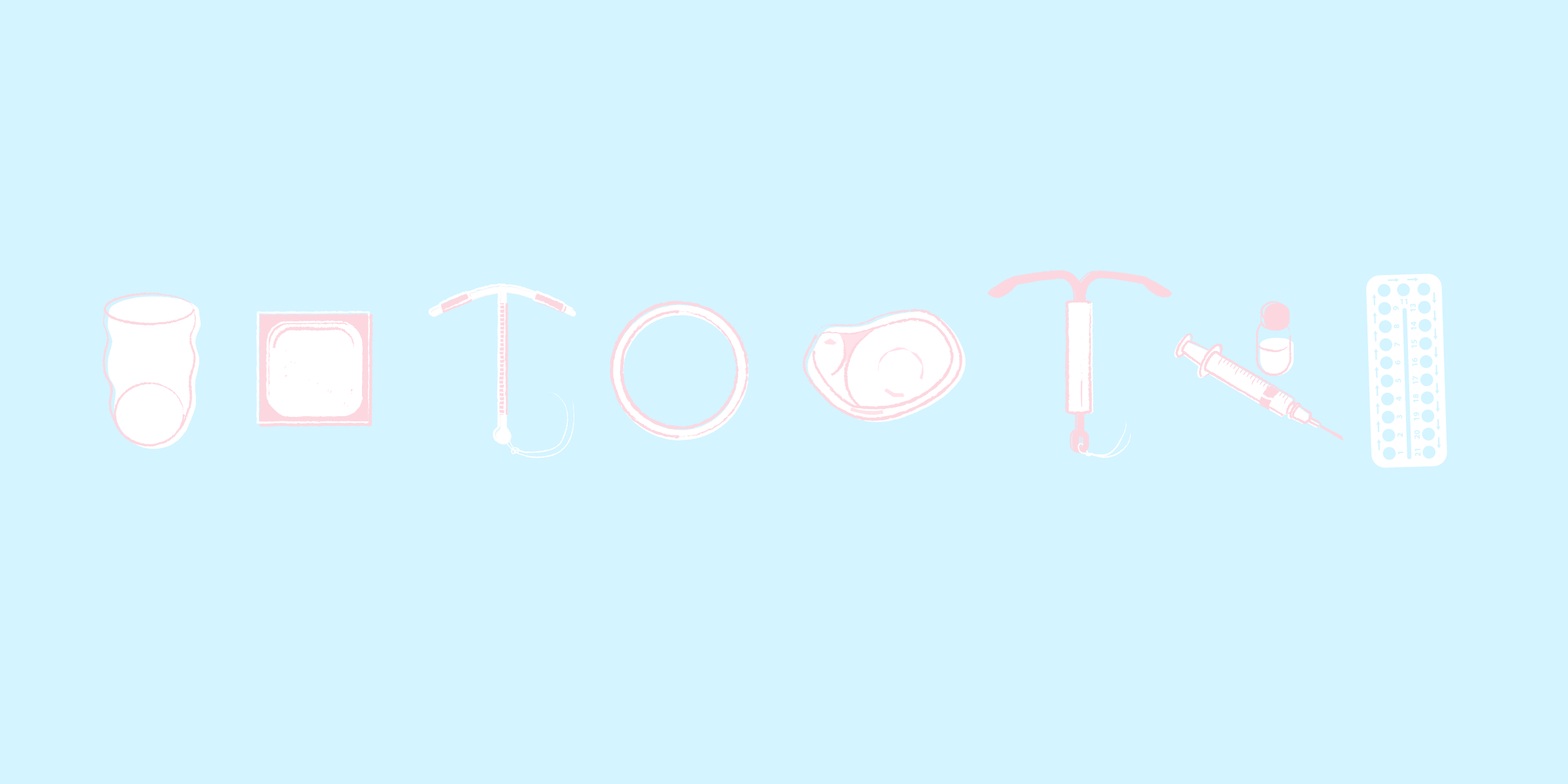Key Takeaways
- More and more women are deciding against hormones and choosing to stop taking the pill.
- Some experience side effects after they stop taking it.
- We explain what happens in your body when you stop taking the pill.
Although it is one of the safest contraceptives, more and more women are having doubts about the pill. The list of side effects is long, and recent studies show increasingly clear evidence of links between taking the pill and diseases such as thrombosis or depression.
As a result, the attitude of many women towards hormonal contraceptive methods is changing: According to a recent survey by the Federal Centre for Health Education, 55 percent of German women are aware of the negative effects of the contraceptive pill on the body. A further 38 percent of women who use the pill also...
Medically Reviewed
This text was created by medical editors on the basis of specialist medical literature and current studies. Our aim is to work scientifically, identify sources and regularly check that the content is up to date.
References & Literature
- Auswertung GKV-Verordungsdaten zu kombinierten oralen Kontrazeption („Pille“) für gesetzlich versicherte Frauen bis 20 Jahre, ab 2019, bis 22 Jahre
- Segerer, Sabine, and Christoph Keck. "Unverträglichkeit der Pille." gynäkologie+ geburtshilfe 24.6 (2019): 32-34.
- Kramarz, Susanna, et al. "Hormonmüdigkeit–gibt es sie? Was sind die Alternativen?." Der Gynäkologe 55.5 (2022): 379-385.
- Mihm, M., Gangooly, S., & Muttukrishna, S. (2011). The normal menstrual cycle in women. Animal reproduction science, 124(3-4), 229-236.
- Steiner, M., Dunn, E., & Born, L. (2003). Hormones and mood: from menarche to menopause and beyond. Journal of affective disorders, 74(1), 67-83.








